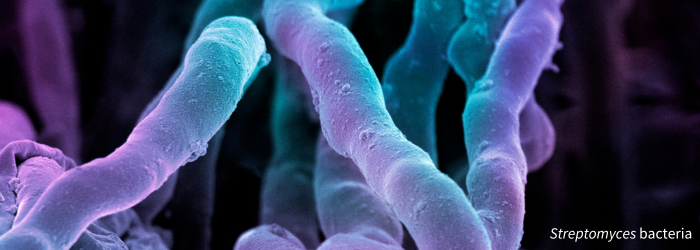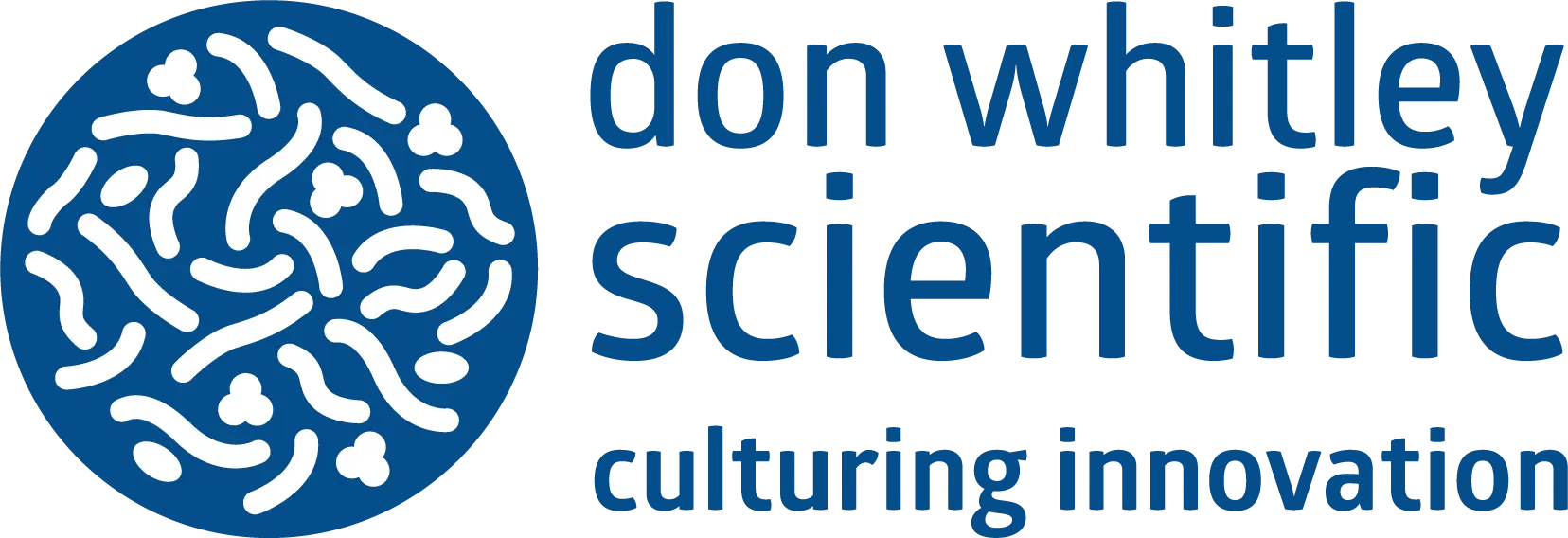
For decades, industry has become over-reliant on the use of plastics in production due to their low price, however this has subsequently resulted in increased environmental pollution with over 350 million tonnes of plastic waste being produced each year [1]. Unfortunately, by 2060 plastic waste is estimated to triple and although government policies and public promotion is aiming to prevent this, it is unlikely this will have much of an impact as less than 10% of plastic is recycled each year [1]. Plastic waste often ends up on landfill sites or is burned in open pits, resulting in the emission of harmful pollutants and spillage into oceans, rivers and lakes [1].
Environmentalists have turned to scientists to propose new methods of dealing with plastic pollution and the answer has been suggested in the form of bioremediation. Bioremediation is a sustainable process where microorganisms are used to extract and degrade harmful pollutants from the environment; scientists are investigating more novel types of bioremediations including microbial dichlorination of polychlorinated biphenyls [2]. It is hopeful that scientists are looking into new areas of bioremediation as it gives promise to the ambition of reducing plastic pollution by 2060.
Verschoor et al. are amongst the many scientists researching this area, more specifically they investigated the occurrence of bis(2-hydroxyethyl) terephthalate (BHET) degrading enzymes in Streptomyces bacteria, which can break down polyethylene terephthalate (PET), a plastic widely used in food packaging, clothing and bottles [3]. Using homology search methods including PHEs IsPETase from Ideonella sakaiensis, LCC, TfCut2, and the recently identified PET40, they recognised an enzyme annotated in Streptomyces coelicolor as Lipase A (ScLipA), as a BHET-degrading enzyme [3]. Using a collection of 96 previously isolated Actinobacteria, the presence of this BHET-degrading enzyme was studied and 18% of the strains were able to degrade BHET [3]. This research has suggested a novel degrading enzyme family of Streptomyces and has contributed to the promising potential of bioremediation.
Awareness of the dangers of plastic pollution has prompted many manufacturing companies to reflect on their contribution to waste and impose different strategies to limit this. For example, Don Whitley Scientific Ltd is one many who promote appropriate recycling and are accredited to ISO 14001 for Environmental Management whereby we are committed to reducing our consumption of resources, to avoid waste and to comply with all environmental legislation and corporate requirements to protect the environment.
References
- Alves B. Plastic waste worldwide - statistics & facts [Internet]. Statista. 2024. Available from: https://www.statista.com/topics/5401/global-plastic-waste/#topicOverview
- Kumar S, Muhammad Zaffar Hashmi. Biological Approaches to Controlling Pollutants. Woodhead Publishing; 2021.
- Verschoor JA, Croese MRJ, Lakemeier SE, Mugge A, Burgers CMC, Innocenti P, et al. Polyester degradation by soil bacteria: identification of conserved BHETase enzymes in Streptomyces. Communications Biology [Internet]. 2024 Jun 12 [cited 2024 Jul 9];7(1):1–13. Available from: https://www.nature.com/articles/s42003-024-06414-z


 au
au


 English
English